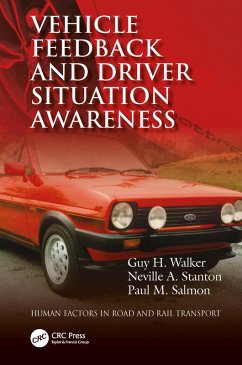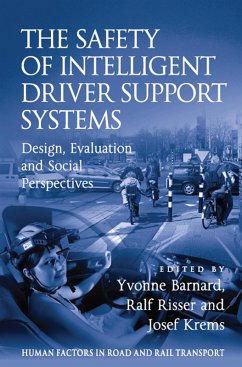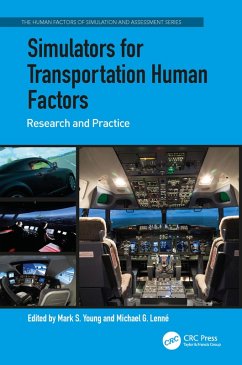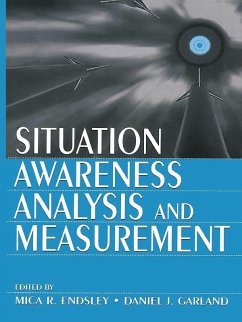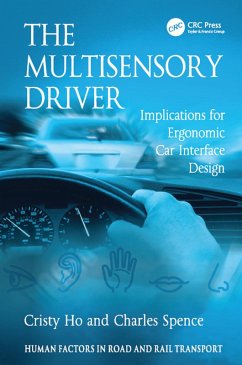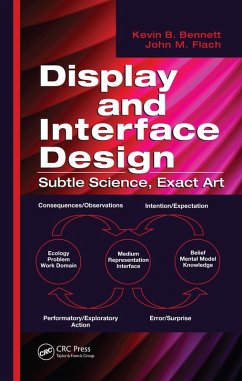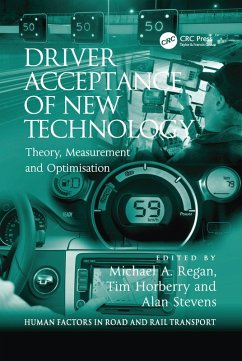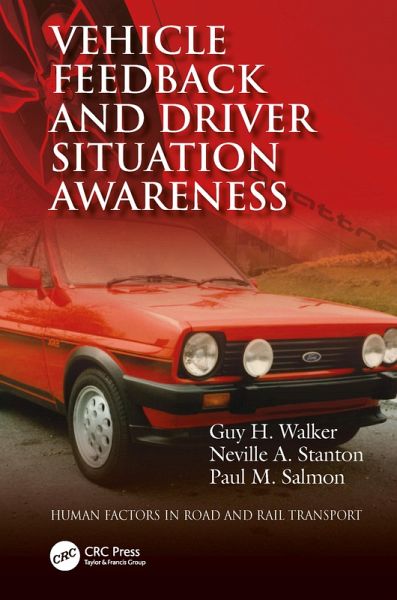
Vehicle Feedback and Driver Situation Awareness (eBook, PDF)
Versandkostenfrei!
Sofort per Download lieferbar
142,95 €
inkl. MwSt.
Weitere Ausgaben:

PAYBACK Punkte
71 °P sammeln!
A potentially troubling aspect of modern vehicle design - some would argue - is a trend for isolating the driver and reducing vehicle feedback, usually in the name of comfort and refinement but increasingly because of automation. There is little doubt cars have become more civilised over the years, yet despite this, the consequences of driver behaviour remain to a large extent anecdotal. Readers will have heard such anecdotes for themselves. They usually take the form of drivers of a certain age recalling their first cars from the 1970s or 80s, in which "doing 70 mph really felt like it". The ...
A potentially troubling aspect of modern vehicle design - some would argue - is a trend for isolating the driver and reducing vehicle feedback, usually in the name of comfort and refinement but increasingly because of automation. There is little doubt cars have become more civilised over the years, yet despite this, the consequences of driver behaviour remain to a large extent anecdotal. Readers will have heard such anecdotes for themselves. They usually take the form of drivers of a certain age recalling their first cars from the 1970s or 80s, in which "doing 70 mph really felt like it". The question is whether such anecdotes actually reflect a bigger, more significant issue that could be better understood. Related questions have been explored in other domains such as aviation, where the change to 'fly-by-wire' did indeed bring about some occasionally serious performance issues that were not anticipated. Despite some clear parallels, automotive systems have been left relatively unstudied. The research described in this book aims to explore precisely these issues from a Human Factors perspective. This means connecting the topics of vehicle feel, vehicle dynamics, and automotive engineering with the latest research on driver situation awareness. The problem is explored experimentally from a variety of theoretical viewpoints but the outcomes are consistently practical. Here we have a promising new avenue along which the driver experience can be enhanced in novel and insightful ways. Tools and templates are provided so that engineers and designers can try different ways to boost vehicle safety, efficiency and enjoyment from a human-centered perspective.
Association of American Publishers (AAP) Finalist for the 2019 PROSE Award
Features
Association of American Publishers (AAP) Finalist for the 2019 PROSE Award
Features
- Diagnosis of how vehicle feel impacts driver situation awareness, and how this could aid future vehicle designs
- Multi-theory approach to driver situation awareness, and how different views of this important concept give rise to different insights
- Comprehensive analysis of situation awareness in driving, the information requirements of drivers, and how these needs can be supported
- Practical descriptions of how state-of-science Human Factors methods have been applied in practice
Dieser Download kann aus rechtlichen Gründen nur mit Rechnungsadresse in A, B, BG, CY, CZ, D, DK, EW, E, FIN, F, GR, HR, H, IRL, I, LT, L, LR, M, NL, PL, P, R, S, SLO, SK ausgeliefert werden.




